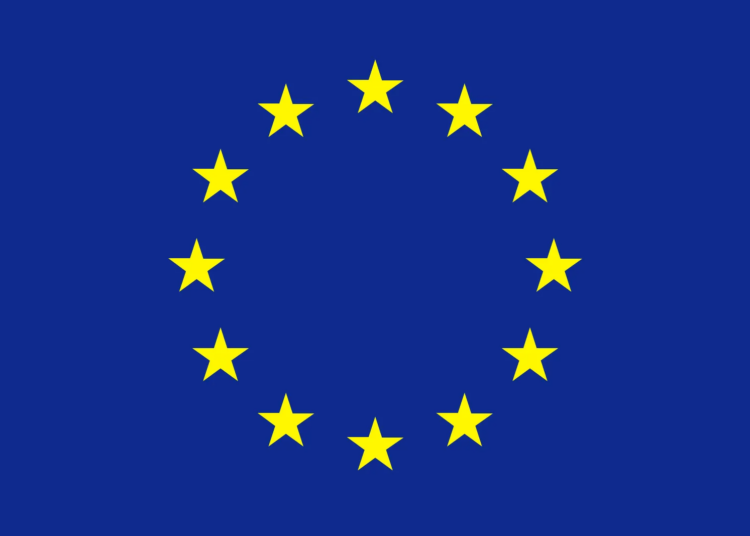The Renew Europe Group has called for private capital mobilisation even as it applauded proposals by the European Commission on the EU´s internal electricity market design.
The proposals aim to tackle the shortcomings of the EU energy market in the wake of the supply shock to the system following the outbreak of war in Ukraine.
In the current energy crisis, existing instruments to protect industries, Small and Medium Enterprises (SMEs) and vulnerable households against volatile and unrelenting high prices have proven to have limits.
As part of this reform, Renew Europe called for more flexibility in the electricity grid, as well as a truly European future-proof energy system integration, based on diverse and energy infrastructure projects, especially cross-border, that produce, store, and distribute energy efficiently.
To ensure that this transformation unfolds rapidly, all regulatory obstacles must be removed and private capital mobilised, so energy systems of EU countries can benefit from accelerated permitting procedures and funding, it stressed.
Vice-chair of the Committee on Industry, Research and Energy (ITRE), MEP Morten Petersen said: “we still don’t have an internal market for energy, and there is a long way to go before cheap, green electricity can flow freely across Europe’s border. We need to quickly boost the integration of renewables in our energy systems, and use this platform to set us free from Putin’s gas.
“We will put importance on creating energy security and price stability for European citizens and businesses, as well as security for the investors waiting to invest in Europe’s promising renewable energy potential.”
The European Commission is set to propose a revamp of Europe’s electricity market rules on Tuesday, aimed at expanding the use of fixed-price power contracts to shield consumers from severe price spikes like those experienced last year.
The European Union vowed to overhaul its electricity market after cuts to Russian gas following its invasion of Ukraine last year sent European power prices soaring to record highs, forcing industries to close and hiking households’ bills.
Draft versions of the EU proposal, seen by Reuters, outline measures designed to make consumers less exposed to short-term swings in fossil fuel prices – by nudging countries to use more contracts that lock in stable, long-term electricity prices.
Future state support for new investments in wind, solar, geothermal, hydropower and nuclear electricity, for example, must be done through a two-way contract for difference (CfD).
Two-way CfDs offer generators a fixed ‘strike price’ for their electricity, regardless of the price in short-term energy markets.




